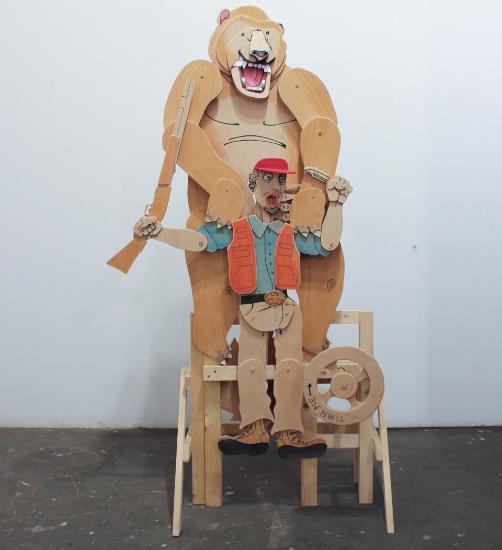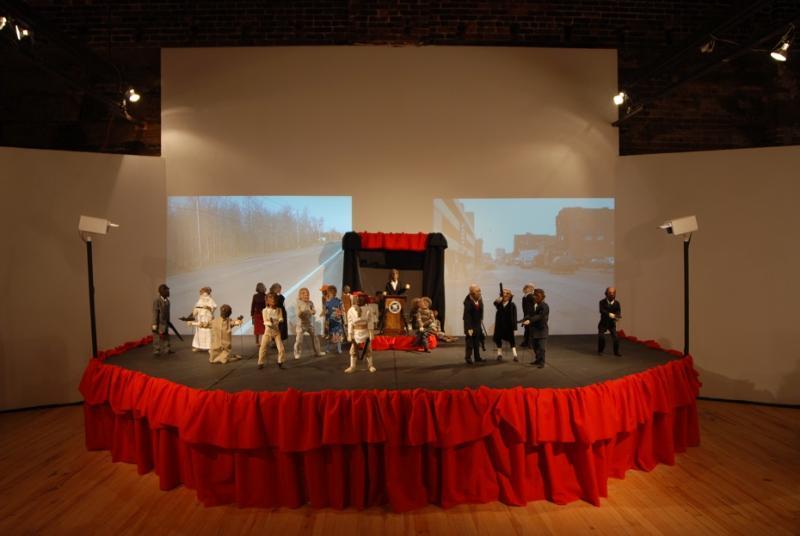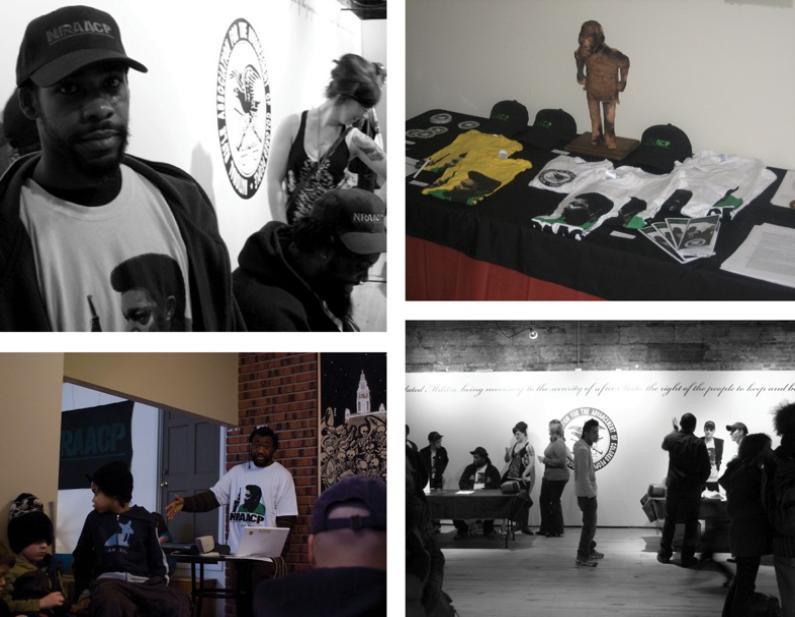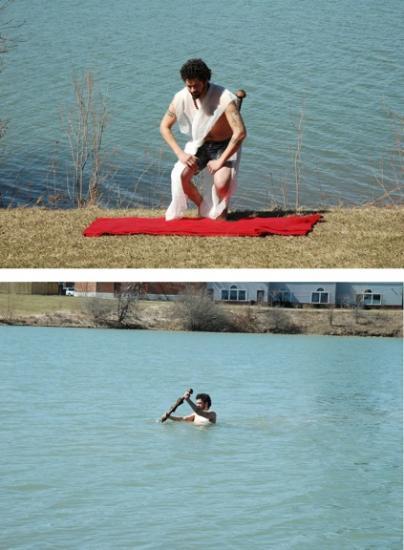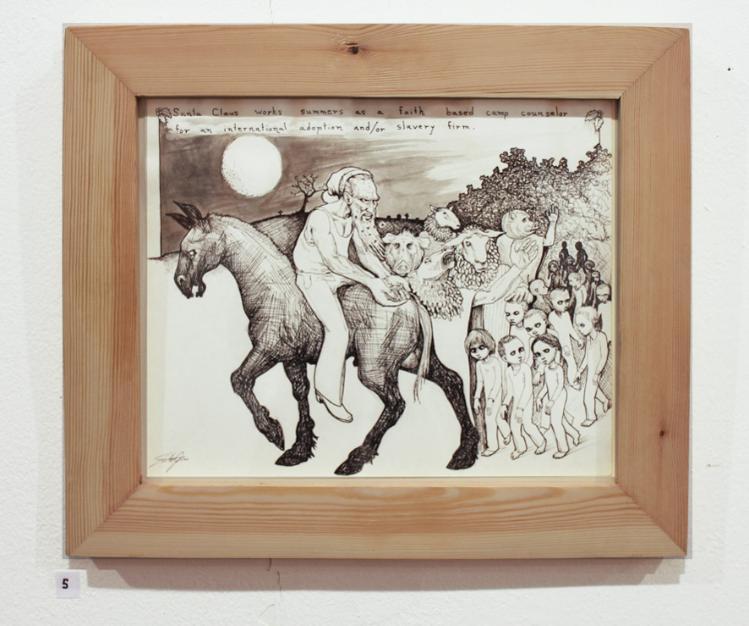Faculty Profiles
Frederick Wright Jones Associate Professor, Art, Sculpture |
Education
- M.F.A, SUNY at Buffalo
- B.A., University of Pennsylvania
Teaching Interests
Art-making can be a liberatory process. As cultural inheritors, we also participate in the unfolding of a living culture. Navigating text, history, and experience, art-making can work as an accessible form of controlling space. Artistic-activity is habitual and the classroom is a place to form habit. Practice and repetition are the best tools for training eye-hand- speech brain activity. Productivity fosters production. Students learn the pros and cons of materials and structural integrity. Learning is done through practice, small working groups, experimentation, and application-oriented engagement as students develop ideas from a common conceptual starting point into a sharable form. They build an artistic practice with the language to encapsulate and transport that practice to the public.
My classroom provides a framework for students to learn about themselves. The artistic-act allows us to try the foolish, to fail, to repeatedly try again, and to undermine assumed forms of identification. Providing a space for individual discovery allows students of all backgrounds, skill-levels and educational focus (from Neuroscience to dance) to develop and advance their “creative” output. By shifting perspective, we may see what we have not seen before. Navigating our shared and uncertain future requires standing things on their head.
Research, Scholarship or Creative/Artistic Interests
Artist Statement
My Discipline is related to the violence of survival and the beauty of another day. I used to cut trees for a living. The tree’s story is made in 3 dimensions. As the tree grows, layers upon layer, as it reaches to the sun and digs into the soil, as lightning strikes and wind weathers, the tree takes these events and embodies them in form. It engrains scars of history in the body. With my experience growing up a light-skinned Black American in rural Pennsylvania and living as a foreigner in Europe, I look at history and social conventions with peripheral eyes. We live in a world that demands binary modes of thinking, having inherited a culture which legitimizes global economic expansion and the exploitation it requires. Working at a binary borderland, my ethics hover between dutiful responsibility and post-punk cynicism. I invite you to shift from spectator to perpetrator because sometimes things are different if you look at them standing on your head.
Sample Works
Professional Website
